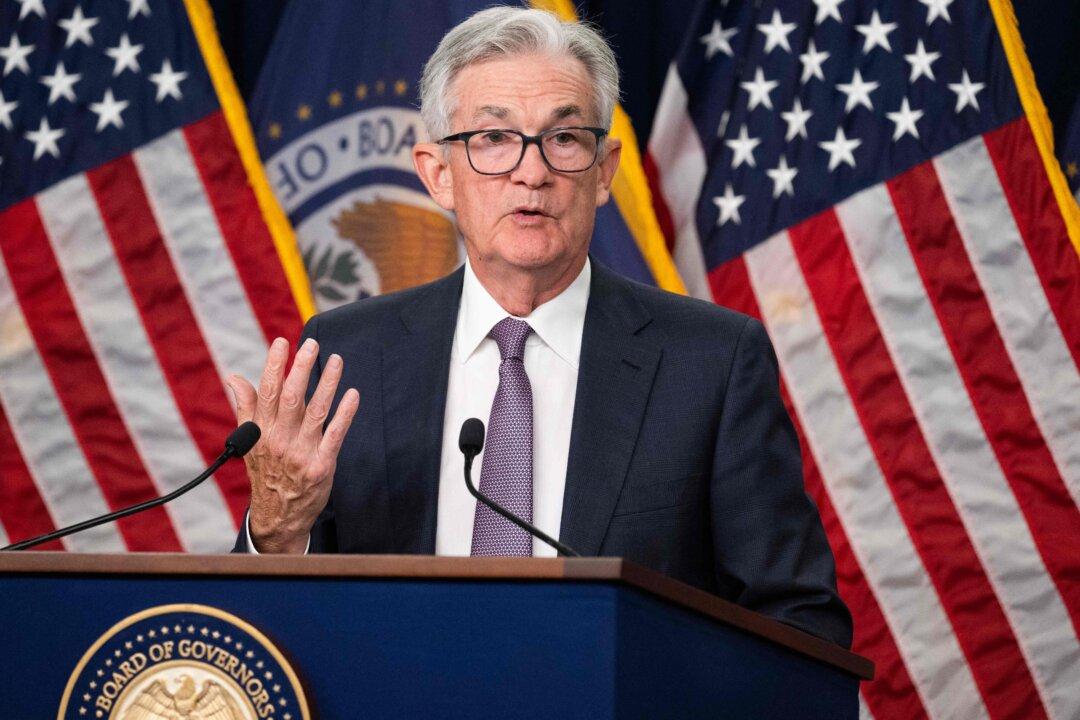The U.S. Federal Reserve is expected to maintain its hawkish stance on interest rates during the upcoming meeting in November, according to a group of economists surveyed by Bloomberg.
The policy-making arm of the Fed, the Federal Open Market Committee (FOMC), is scheduled to meet on Nov. 2. The survey found that economists expect the FOMC to hike rates by 75 basis points for the fourth consecutive time. In December, the committee might raise rates by an additional 50 basis points, the survey found. For the subsequent two meetings, economists expect 25 basis-point hikes each.





